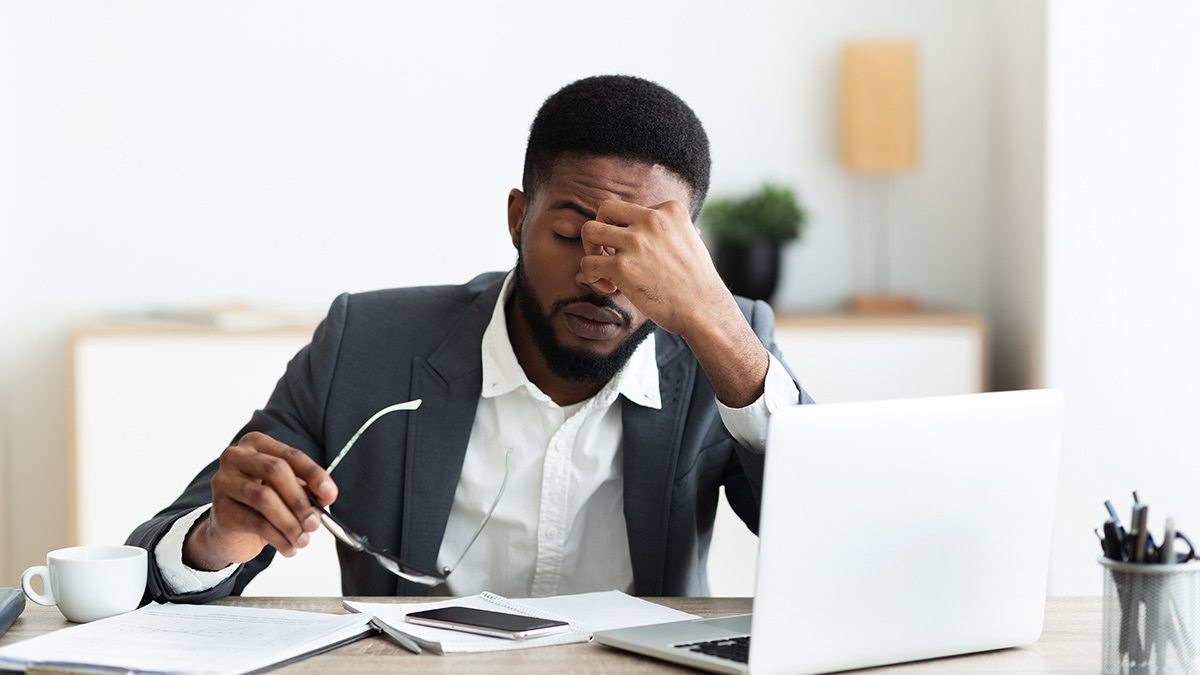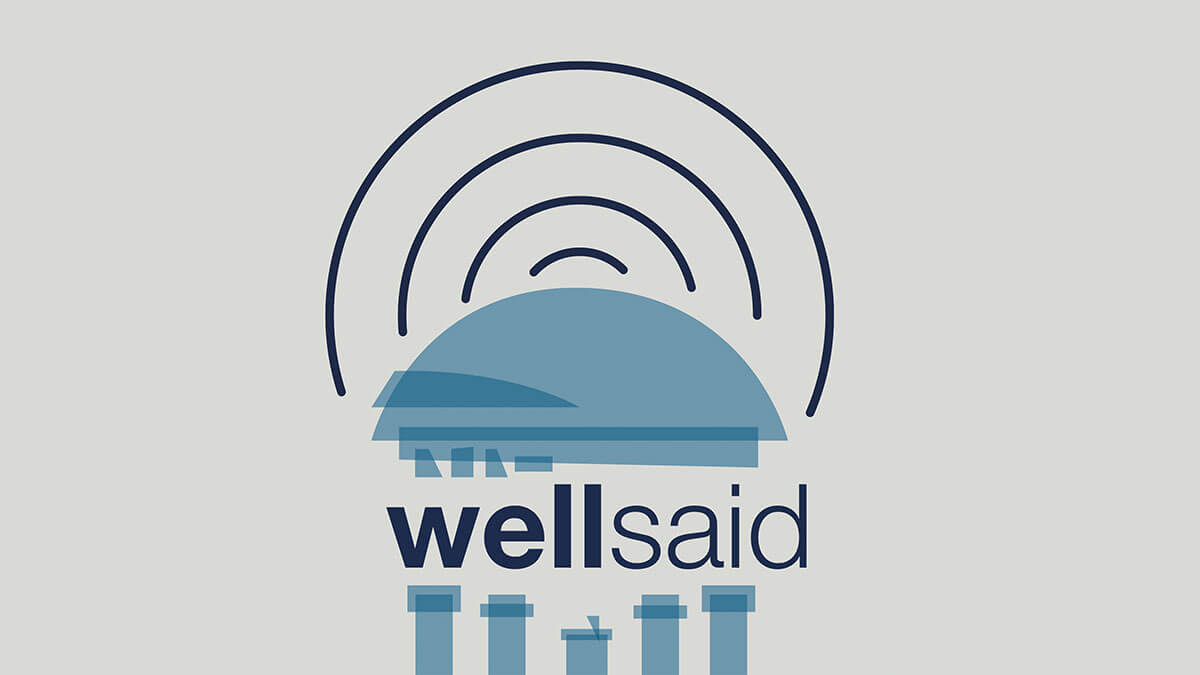How to manage stress through mindfulness
Kessonga Giscombé provides tips to increase our stress resiliency and shared advice for practicing mindfulness to tackle our stress in 2023.

Stress can come from so many sources, such as coursework, finances, family issues or, say, a pandemic.
Looking to reduce stress isn’t always as simple as just finding ways to remove your stressors. You can’t just get rid of an assignment or wish an issue out of existence.
But what we can do is build our resiliency to stress, so that when it pops up, we can respond and handle it. And one of the best tools to create that resiliency comes from practicing mindfulness — the ability to be fully present in the moment, on purpose, without judgment.
“From my experience, mindfulness really builds the stress resiliency in a person so no matter what level of stress you’re encountering at any given moment, you have that resiliency, you have that practice that helps manage it,” said Kessonga Giscombé, a certified mindfulness instructor and an adjust professor in the School of Medicine who teaches courses on the topic.
With many of those stressors coming along into the new year with us, Giscombé provided tips for practicing mindfulness to help us manage our stress in 2023.
Put a pause on judgments
Judging comes about as natural to humans as breathing. The first step to practicing mindfulness is finding a way to let go of those automatic judgments. Or at least notice when we’re starting to make judgments.
The practice is called “non-judging.”
“We’re naturally judging people. We judge everything. We judge others. We judge other people’s situations. We judge ourselves and we judge our own situations,” Giscombé said. “When we say to practice ‘non-judging,’ it’s really not so much non-judging, but being aware of when you’re in the judgmental space.”
Our judgments tend to be a bit harsh — particularly when we’re judging ourselves. When we start having those thoughts of “I’m not good enough,” “I’m not smart,” or “I’m never going to get this to work,” we’re just creating more stress for ourselves and building pressure.
By being aware of when we’re making these automatic judgments in our heads, we can begin to shift away from those thoughts to be gentler with ourselves and develop self-compassion.
When you’re facing any stressful situation, Giscombé suggests taking a pause to clear your mind of your judgments before moving forward. Don’t let your negative thoughts drive the decision.
“By creating that space, we’re able to gain some insight in the situation, some clarity,” he said. “Then we’re able to make a wiser, healthier choice.”
Practice, practice, practice
Conditioning yourself to take that pause when you’re stressed out, though, doesn’t just happen overnight. It takes repetition to train your mind, just like any physical skill. With mindfulness, that practice comes in the form of meditation.
Whether it’s the informal meditation of simply allowing yourself to be present in your environment whatever you’re doing or formal meditation time, practicing being present can set you up for success in your next stressful situation.
“As an athlete, no matter what sport you’re playing, what do you do to prepare for the game? You practice, you practice, and you practice some more,” Giscombé said. “When game time comes, you want to be able to rely on that practice, that muscle memory. You want your play to be automatic. It’s the same thing with meditation. With that consistent practice, when you go into the big game — which is basically life — when you’re faced with those stressful moments, it’s muscle memory, and you have the resilience built up.”
The trick to building this skill up goes back to the first tip: don’t judge yourself. Be patient with yourself and go at your own pace. If you need help, Giscombé suggests meditation apps or books. But don’t force it and put more pressure on yourself.
“Oftentimes, we don’t let things play out at their own pace. Just be patient with yourself if it is a new practice,” he said. “There’s not a good or bad way to meditate. It is just what it is.”
Accept reality
Mindfulness doesn’t always mean we’re happy with the moment we’re working hard to be present in.
“There’s this misconception that mindfulness is all about joy and calmness and relaxation, and it’s really not. It’s really just paying attention to whatever is present,” Giscombé said. “There are going to be times where we’re angry or upset when we’re stressed out, when we’re frustrated.”
If 2020 has taught us anything, Giscombé said, it’s that we can’t control everything. Acting like we do adds unnecessary stress. Automatic judgments can cause us to react to the stress, instead of responding to it. Or in other words, they can make us more likely to make a bad decision.
Learning to accept the situation for what it is can help us make smarter choices that manage the stressor better.
“We want 2020 to change,” he said. “We want this pandemic to change. We want to incorporate this mindfulness practice, but right now, we have to accept things as they are. It doesn’t mean you have to like it but to make that shift that you want, you have to first accept things as they are.”
Like everything else in practicing mindfulness, it all starts with taking a pause, stepping back and looking at the situation judgment-free.
“When you’re in a stressful situation, sometimes the choices that you make may not be healthy. They may not be optimal,” Giscombé said. “What mindfulness allows you to do in those stressful moments is to just pause for a moment, create space with that stressor and your reaction. What we’re really learning to do is respond instead of react.”




